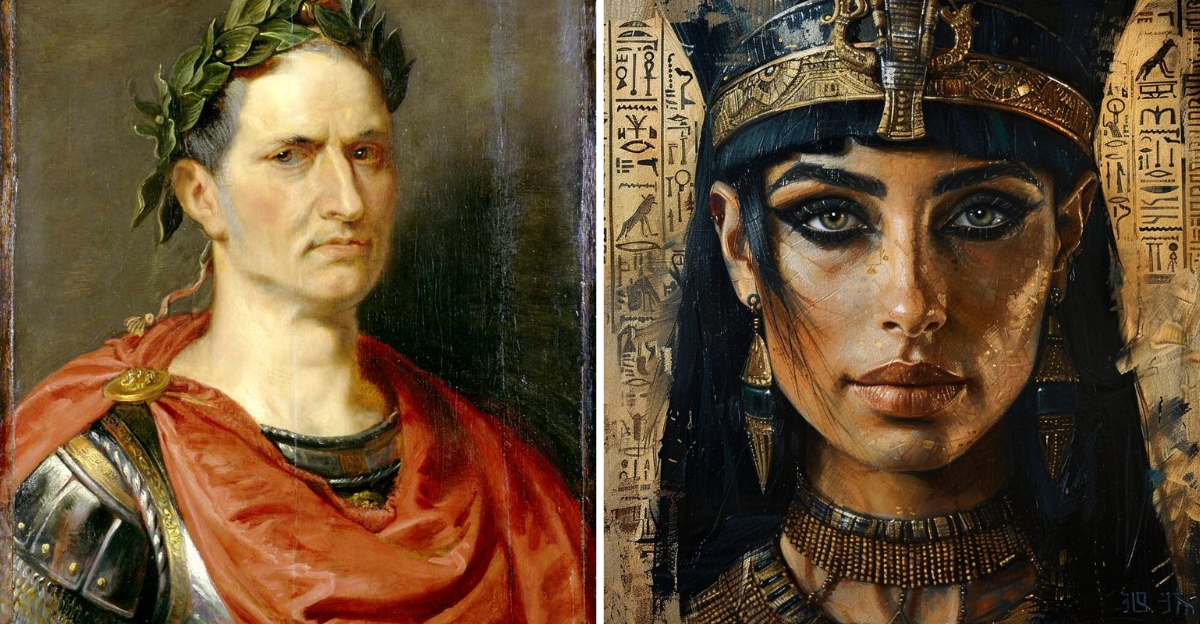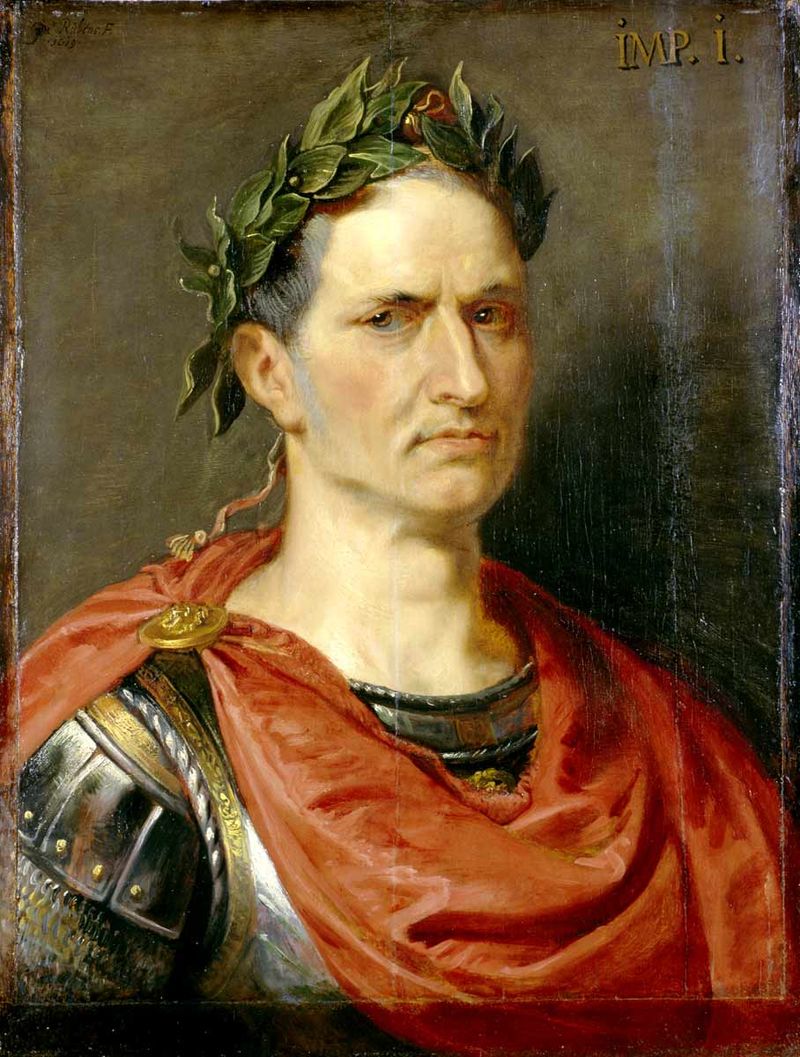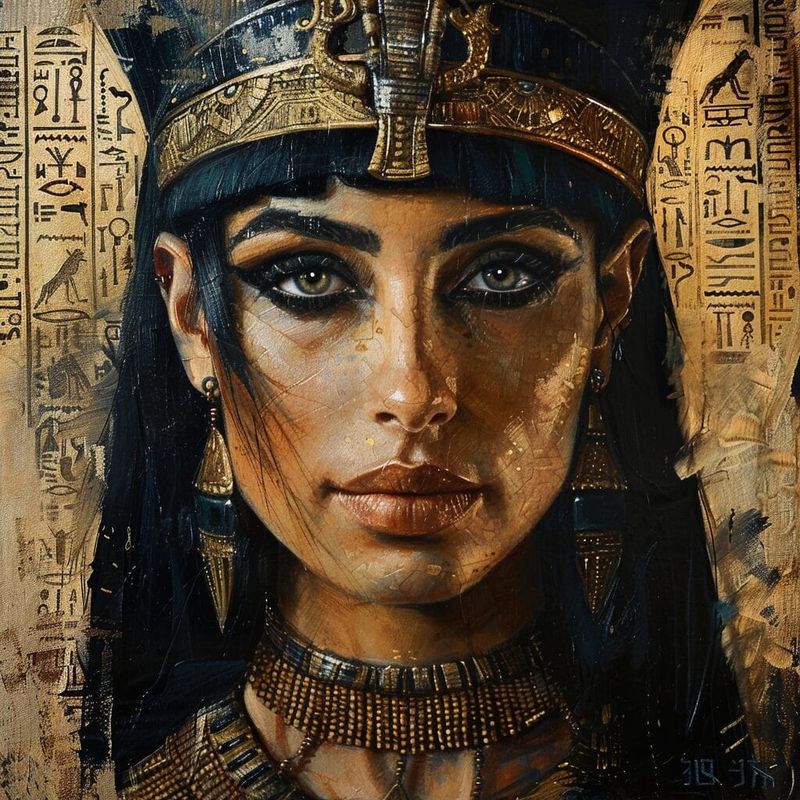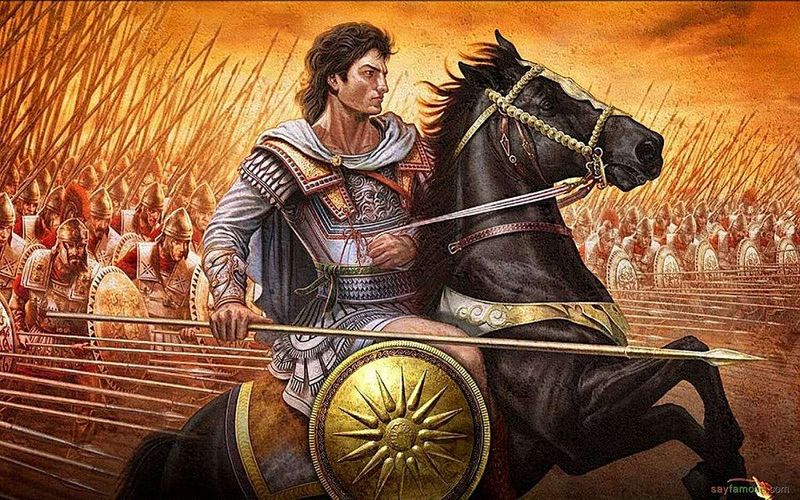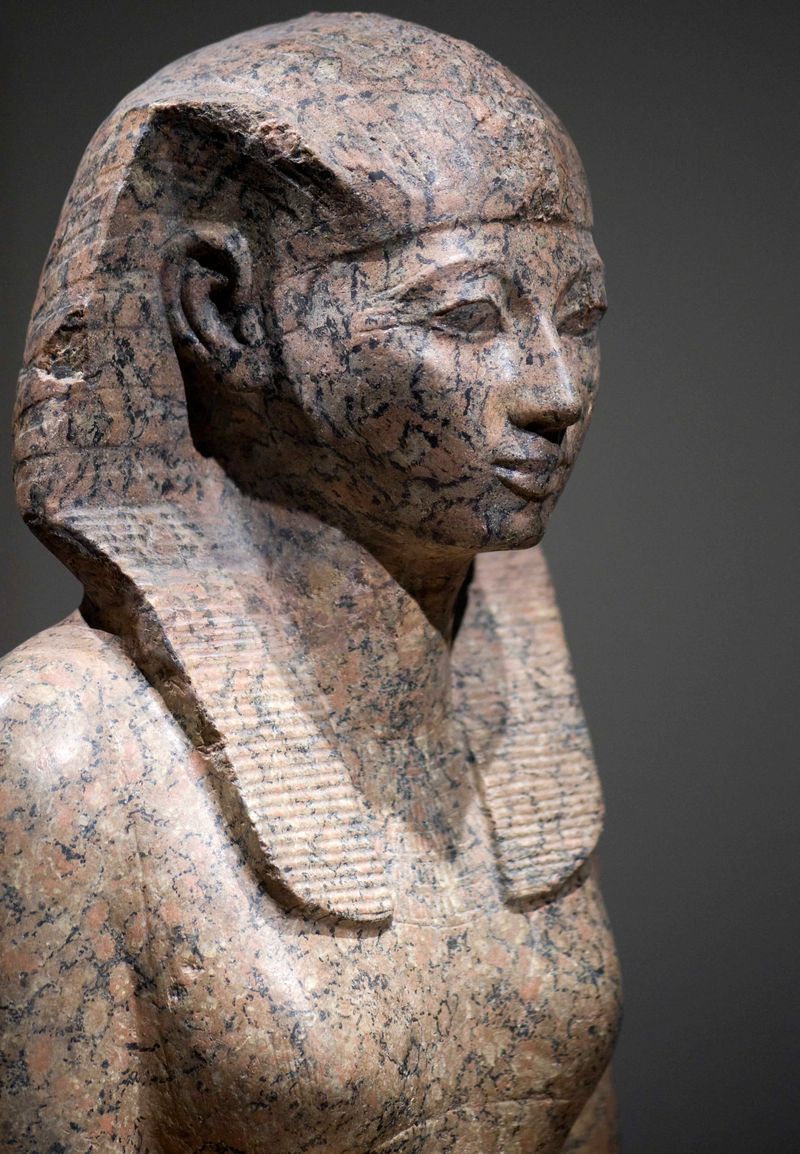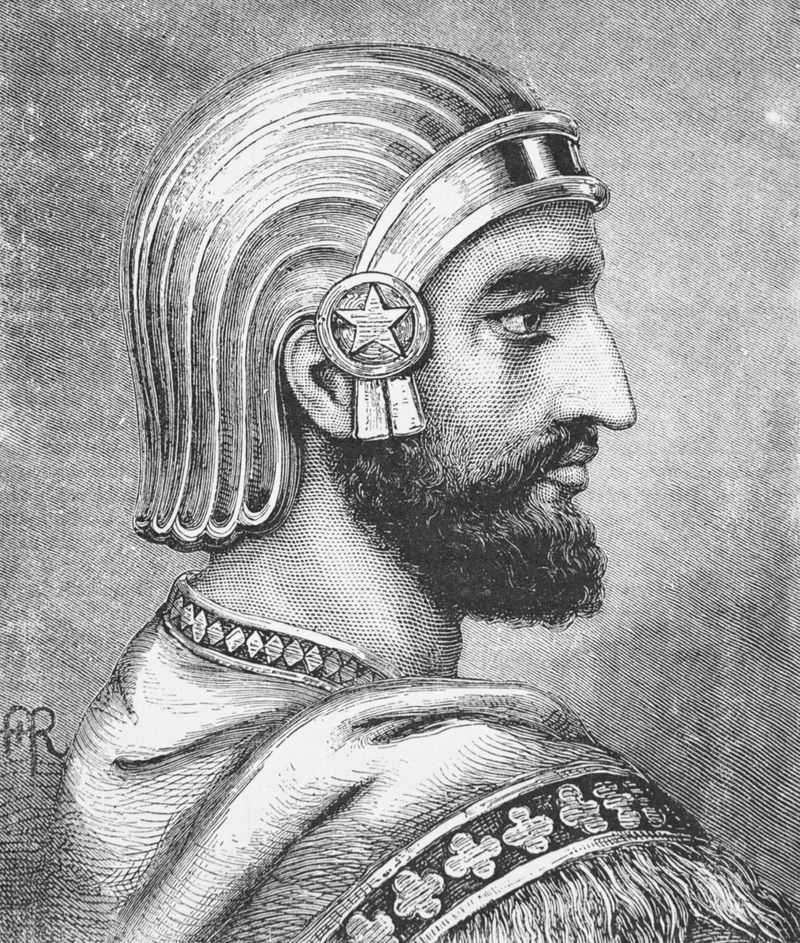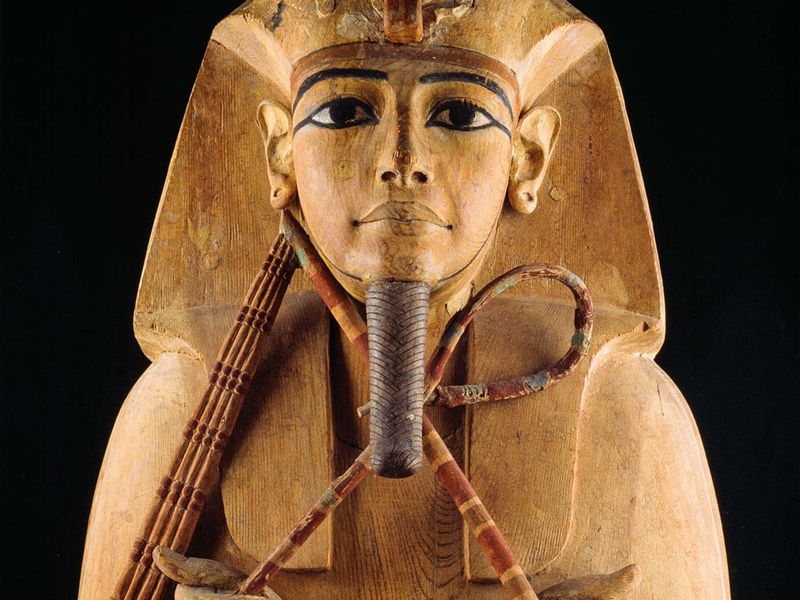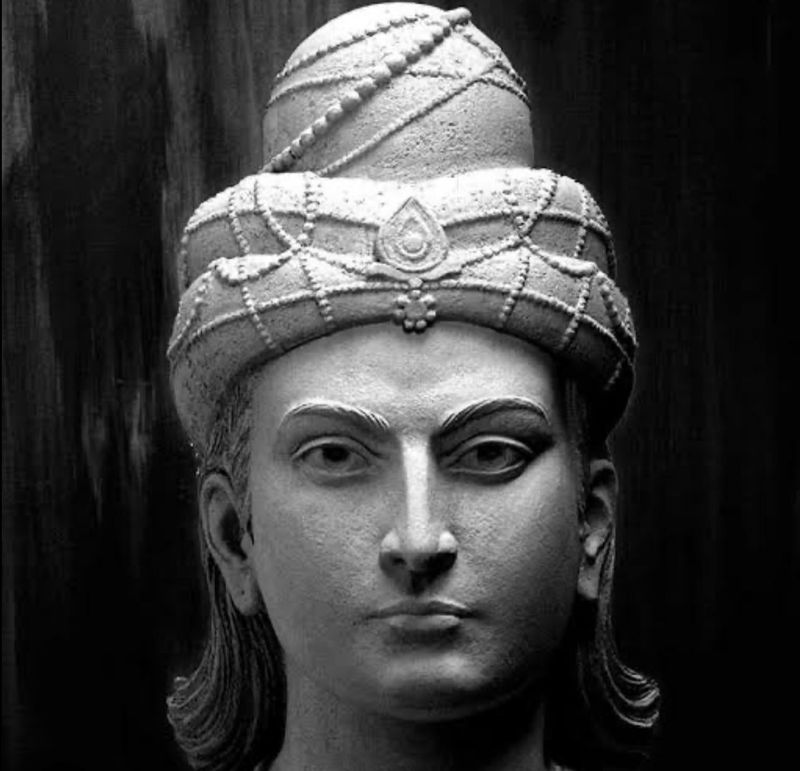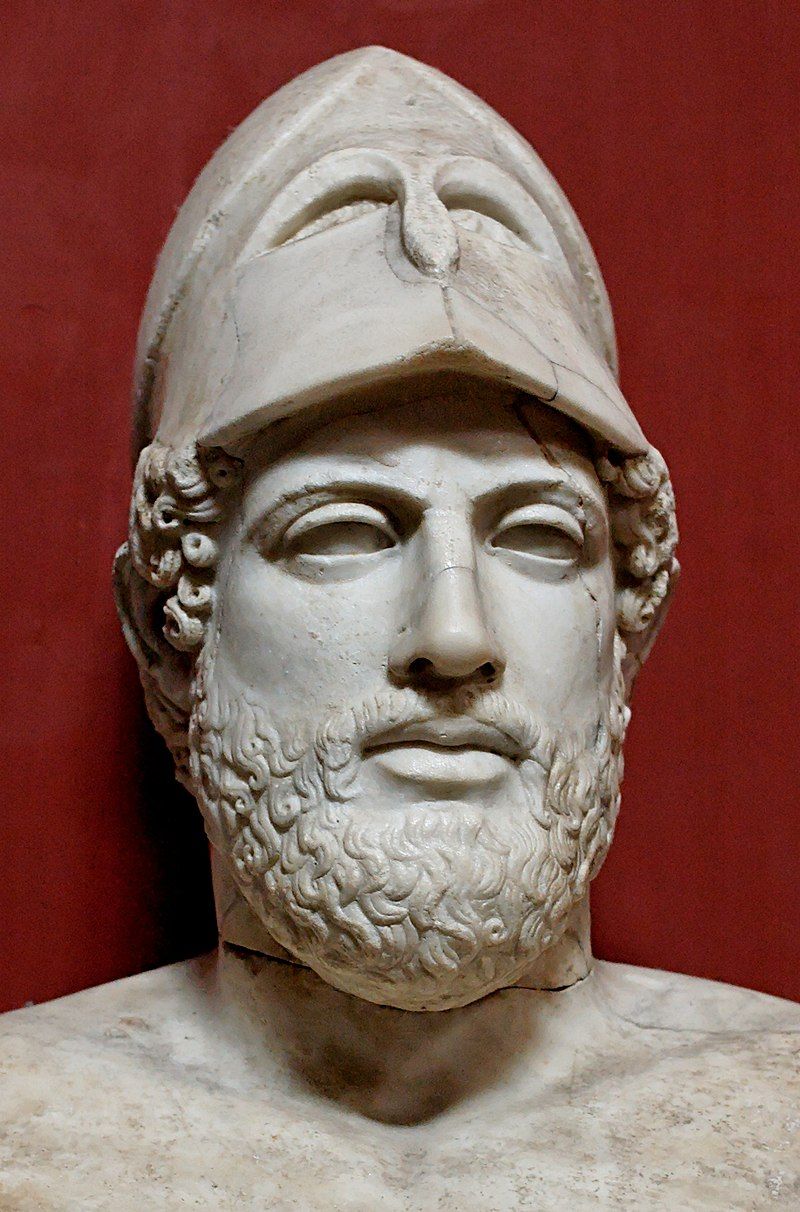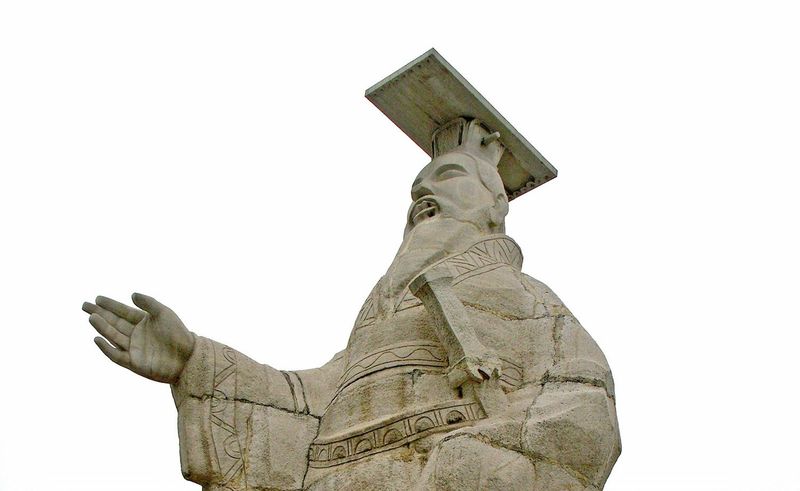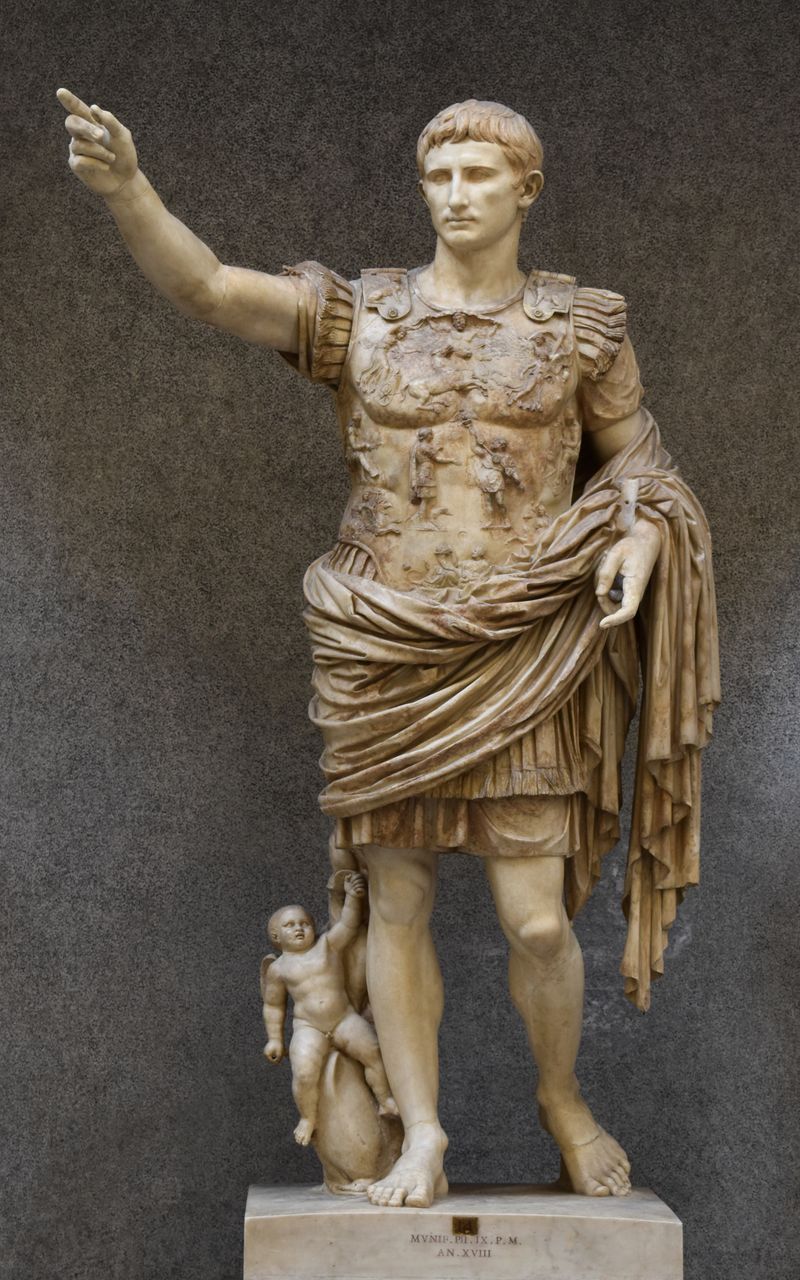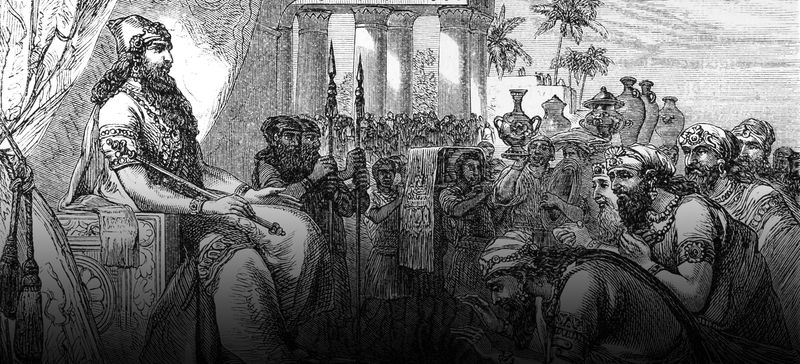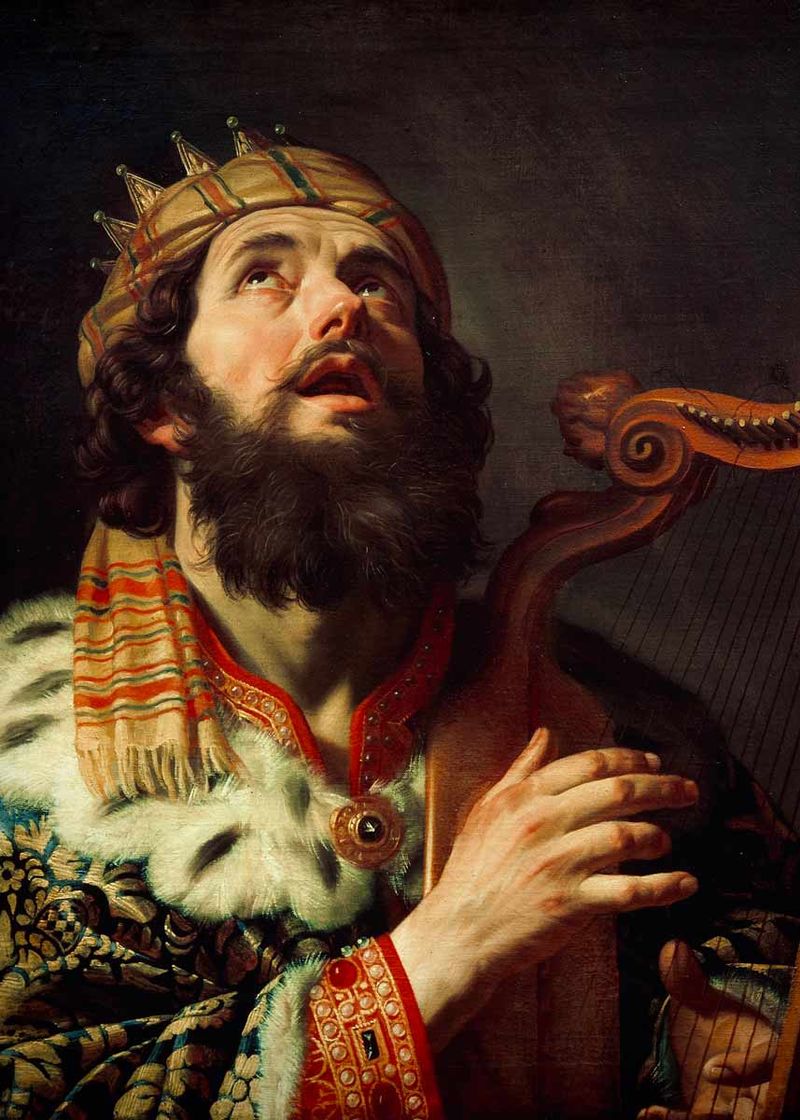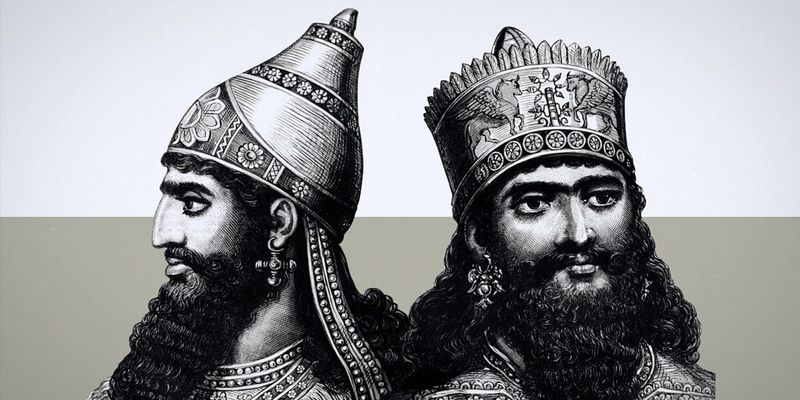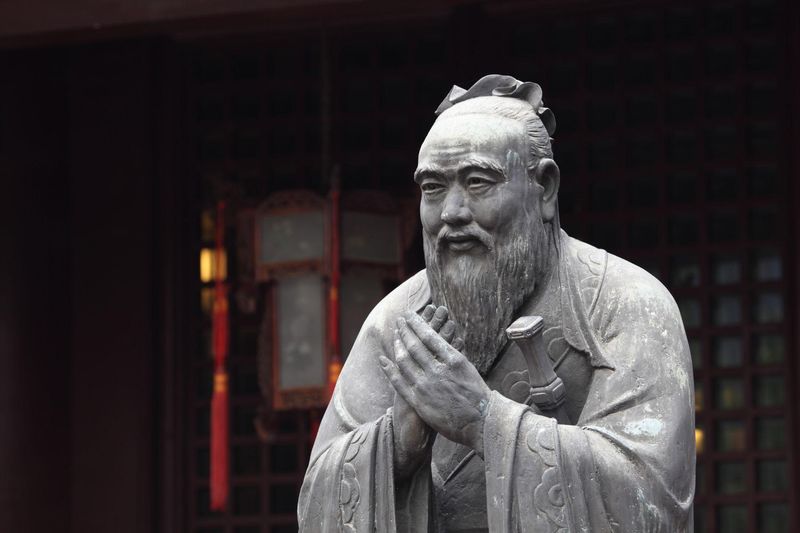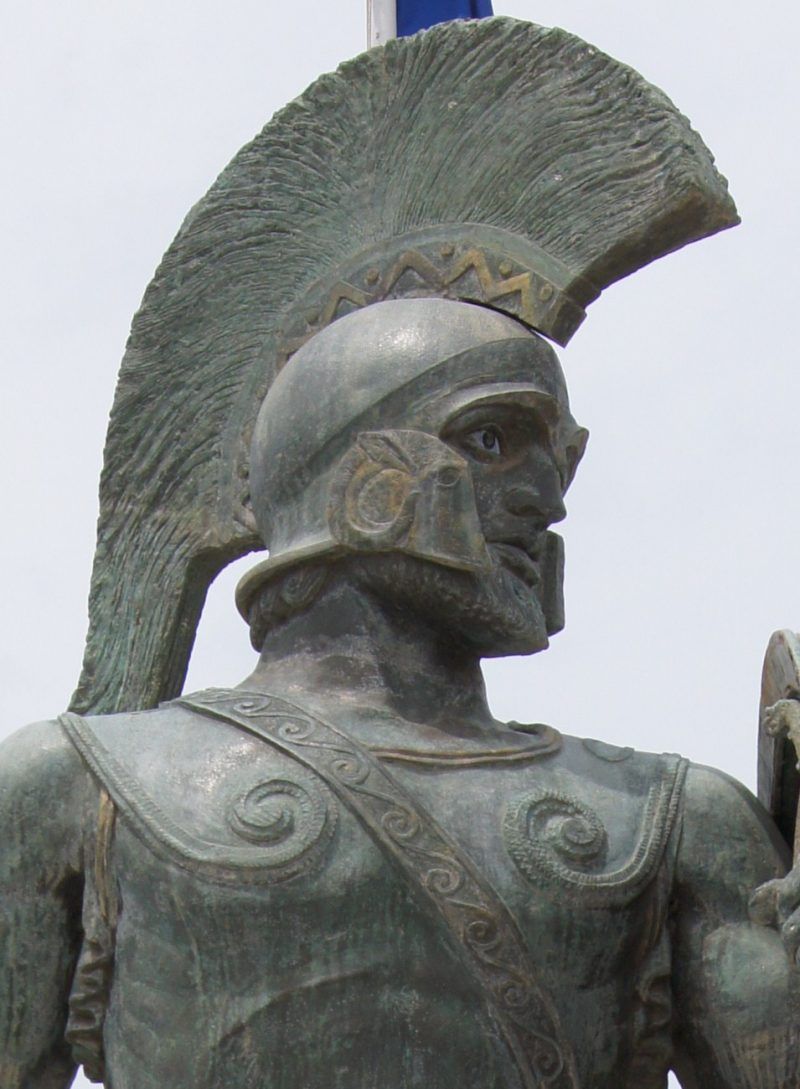Throughout history, certain individuals have emerged as powerful leaders, guiding their people through times of change and leaving an indelible mark on the world. This blog post explores 15 such ancient leaders who redefined the world through their visionary leadership and remarkable achievements. From military strategists to philosophical pioneers, each leader introduced ideas and structures that shaped civilizations and cultures. Join us as we delve into the intriguing stories of these influential figures.
Julius Caesar
Julius Caesar, a renowned Roman general and statesman, played a pivotal role in the transformation of the Roman Republic into the Roman Empire. His military campaigns expanded Rome’s territories, bringing Gaul under Roman control. Caesar’s strategic brilliance and charismatic leadership endeared him to his troops and the Roman populace.
However, his quest for power also led to political unrest, culminating in his assassination. Despite his controversial rule, Caesar’s reforms, such as the Julian calendar, left a lasting legacy. His life and death marked a significant turning point in Roman history, paving the way for the rise of the imperial era.
Cleopatra VII
Cleopatra VII, the last active ruler of the Ptolemaic Kingdom of Egypt, is remembered for her intelligence, political acumen, and romantic liaisons with Julius Caesar and Mark Antony. Fluent in multiple languages, Cleopatra was a shrewd negotiator and a cunning diplomat.
Her reign was marked by efforts to restore Egypt’s past glory and bolster its economy. Despite her efforts, Cleopatra’s alliances ultimately led to Egypt becoming a Roman province. Her life story, filled with drama and intrigue, continues to captivate historians and storytellers alike, illustrating her enduring impact on both Egyptian and world history.
Alexander the Great
Alexander the Great, the King of Macedonia, is celebrated for his extraordinary military conquests that created one of the largest empires in history. His campaigns stretched from Greece to Egypt and into India, spreading Greek culture and influence across these regions.
Alexander’s tactical genius and bold vision made him a legendary figure, inspiring future generations of leaders. Though his empire fragmented after his death, his legacy endured through the Hellenistic culture and the cities he founded. Alexander remains a symbol of military prowess and cultural fusion, embodying the spirit of an era of exploration and conquest.
Hatshepsut
Hatshepsut, one of Egypt’s few female pharaohs, reigned over a prosperous and peaceful period in ancient Egyptian history. Known for her ambitious building projects, she commissioned magnificent structures, including her mortuary temple at Deir el-Bahari.
Her reign was marked by extensive trade expeditions, notably to the land of Punt, which enriched Egypt’s wealth and influence. Hatshepsut adeptly portrayed herself in traditional pharaonic imagery, strengthening her legitimacy. Though her successors attempted to erase her legacy, her contributions to Egypt’s cultural and economic landscape remain significant, showcasing her as a formidable leader of her time.
Cyrus the Great
Cyrus the Great, founder of the Achaemenid Empire, is celebrated for his unprecedented approach to rulership, emphasizing tolerance and diplomacy. His conquests united the Medes and Persians, creating a vast empire that respected the customs and religions of its diverse subjects.
Cyrus’s legacy includes the Cyrus Cylinder, often regarded as one of the first declarations of human rights. His innovative governance model and effective administration laid the groundwork for the empire’s prosperity. Cyrus’s vision for a united and harmonious realm continues to influence modern concepts of leadership and cultural integration.
Ramses II
Ramses II, also known as Ramses the Great, stands as one of Egypt’s most powerful and celebrated pharaohs. His reign was characterized by military prowess, with notable victories such as the Battle of Kadesh against the Hittites.
Ramses was an exceptional builder, commissioning numerous temples and monuments, including Abu Simbel and the Ramesseum. His ambitious building projects not only showcased Egypt’s grandeur but also reinforced his divine status. Ramses’s long reign and enduring monuments left an indelible mark on Egyptian history, immortalizing him as a symbol of strength and architectural mastery.
Ashoka the Great
Ashoka the Great, emperor of the Maurya Dynasty, is remembered for his transformative journey from a ruthless conqueror to a benevolent ruler. Following the brutal Kalinga War, Ashoka embraced Buddhism, advocating for non-violence and compassion.
His reign marked a golden era of cultural and economic prosperity, fostering architectural and artistic achievements. Ashoka’s edicts, inscribed on pillars and rocks, conveyed messages of morality and tolerance, influencing his subjects and future generations. His legacy as a proponent of peace and social welfare continues to resonate, highlighting the profound impact of personal transformation in leadership.
Pericles
Pericles, a prominent statesman in ancient Athens, played a crucial role in the development of Athenian democracy and the city’s cultural flourishing during its Golden Age. He championed democratic principles, enabling greater participation of citizens in governance.
Under Pericles’s leadership, Athens witnessed unprecedented advancements in art, architecture, and philosophy, with landmarks like the Parthenon symbolizing this era. Pericles’s vision for Athens not only strengthened its political influence but also enriched its cultural legacy. His leadership principles continue to inspire democratic ideals and cultural appreciation worldwide.
Qin Shi Huang
Qin Shi Huang, the first Emperor of China, is renowned for unifying the warring states into a cohesive empire. His centralization efforts included standardizing currency, weights, and measures, as well as the construction of the Great Wall.
Qin Shi Huang’s rule was marked by ambitious projects and strict legalism, which prompted both admiration and criticism. His legacy includes the Terracotta Army, a testament to his power and vision for an eternal empire. Despite his controversial methods, Qin Shi Huang’s unification of China laid the foundation for centuries of imperial rule, shaping the nation’s history.
Augustus
Augustus, the first Roman emperor, ushered in an era of peace and stability known as the Pax Romana. After the tumultuous end of the Roman Republic, Augustus’s leadership established a new political framework for the empire.
His reign was marked by administrative reforms, monumental building projects, and cultural patronage, transforming Rome into a majestic city. Augustus’s diplomatic acumen ensured stability across the empire, securing his legacy as a master statesman. His contributions to Rome’s political and cultural landscape continue to be celebrated, highlighting the enduring impact of his visionary governance.
Hammurabi
Hammurabi, the sixth king of the First Babylonian Dynasty, is best known for the Code of Hammurabi, one of the earliest and most comprehensive written legal codes. His reign brought about legal stability and justice to Babylonian society.
The code established rules for various aspects of daily life, reflecting Hammurabi’s commitment to order and fairness. His leadership extended Babylon’s influence across Mesopotamia, fostering economic and cultural growth. Hammurabi’s legacy lies in his pioneering contribution to the development of legal systems, making him a pivotal figure in the history of law and governance.
King David
King David, the second king of Israel, is celebrated for uniting the tribes of Israel and establishing Jerusalem as the nation’s political and spiritual center. His leadership and military prowess expanded Israel’s territory and secured its borders.
David’s reign saw the flourishing of culture and religion, with the composition of many Psalms attributed to him. His legacy as a just and compassionate ruler is deeply embedded in biblical history and Jewish tradition. King David’s story of courage, faith, and leadership continues to inspire across generations, illustrating the timeless influence of his reign.
Nebuchadnezzar II
Nebuchadnezzar II, the mighty king of Babylon, is renowned for his architectural achievements, most notably the Hanging Gardens of Babylon, one of the Seven Wonders of the Ancient World. His reign was marked by military conquests and economic prosperity.
Nebuchadnezzar’s leadership extended Babylon’s influence, transforming it into a center of culture and power in the ancient world. Despite his formidable reputation, his contributions to Babylon’s urban and cultural landscape are celebrated. Nebuchadnezzar’s reign exemplifies the blending of military might and cultural patronage, leaving a lasting impact on history.
Confucius
Confucius, an influential philosopher and educator, significantly shaped Chinese culture and philosophy through his teachings. His emphasis on morality, family loyalty, and respect for tradition laid the foundation for Confucianism, a guiding philosophy in China for centuries.
Confucius’s teachings inspired a commitment to ethics and education, influencing governance and society. His ideas continue to resonate in modern times, advocating for harmonious living and social responsibility. Confucius’s legacy as a revered thinker underscores the enduring power of philosophy in shaping human values and cultural identity.
Leonidas I
Leonidas I, the Spartan king, is immortalized for his heroic stand against the Persian army at the Battle of Thermopylae. Leading a small force of Spartans, Leonidas bravely defended Greece, embodying the Spartan values of courage and sacrifice.
His leadership and valor inspired all of Greece, bolstering the resistance against Persian invasion. Though ultimately defeated, Leonidas’s defense at Thermopylae became a symbol of resistance and unity. His legacy continues to inspire military leaders and storytellers, reflecting the timeless nature of heroism and determination in the face of overwhelming odds.
